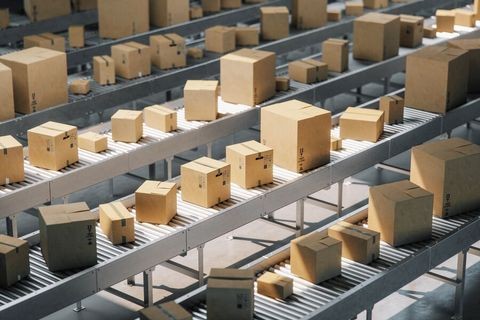Human Rights and Forced Labor
Overview
Modern Slavery, Child Labor, and Supply Chain Due Diligence
Despite the recent attention, restrictions on forced labor are not new. The U.S. law banning goods made by slave or child labor – 19 U.S.C. § 1307 – dates back to the Tariff Act of 1930 and prohibits the importation of goods made wholly or in part with forced labor. U.S. Customs and Border Protection (CBP) implements Section 1307 through the issuance of Withhold Release Orders (WRO) and findings to prevent such goods from entering the U.S.
Contacts
Insights
Speaking Engagement | 08.21.25
"Navigating Transshipment Tariffs, UFLPA Enforcement, & Supply Chain Exposure," Zeus Logics
Client Alert | 4 min read | 06.24.25
CBP Issues First Comprehensive Guide to Modifying a Withhold Release Order (WRO)
Insights
U.S. Steps Up Enforcement On Apparel Imports Over Forced Labor in Xinjiang
|07.07.21
Women's Wear Daily
- |
04.20.23
Crowell & Moring's International Trade Law
Continued Pain In The Retail Sector: Coming Enforcement Of Forced Labor Laws
|02.27.23
Crowell & Moring’s Restructuring Matters
Congress Increases CBP’s Forced Labor Enforcement Budget To More Than $100 Million
|02.08.23
Crowell & Moring’s International Trade Law
- |
06.28.22
Crowell & Moring’s International Trade Law
CBP Issues its Uyghur Forced Labor Prevention Act (UFLPA) Operational Guidance for Importers
|06.17.22
Crowell & Moring’s International Trade Law
- |
06.06.22
Crowell & Moring’s International Trade Law
Professionals
Insights
Speaking Engagement | 08.21.25
"Navigating Transshipment Tariffs, UFLPA Enforcement, & Supply Chain Exposure," Zeus Logics
Client Alert | 4 min read | 06.24.25
CBP Issues First Comprehensive Guide to Modifying a Withhold Release Order (WRO)














